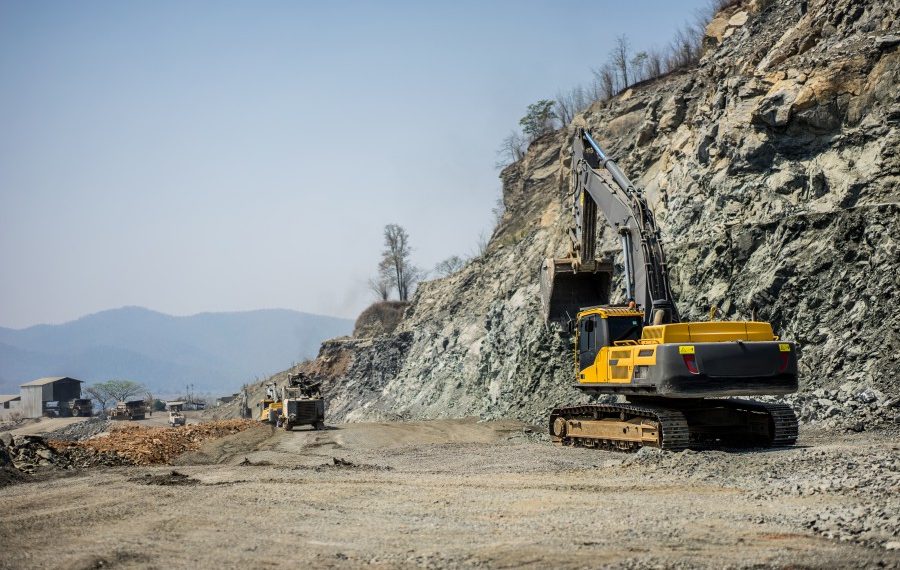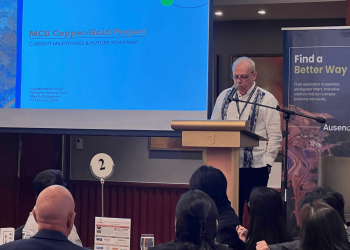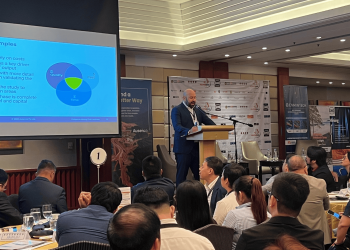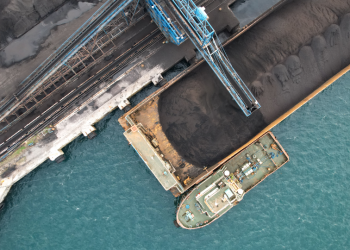Before mining firms can conduct business, they must, first and foremost, secure a permit before starting a mining operation. But what happens next?
According to the Republic Act no. 7942 or the “Philippine Mining Act of 1995”, all mineral resources within the territory and exclusive economic zone of the country are owned by the state; thus. during the extraction phase of the operation, the mining industry strictly observes the Philippine Mineral Reporting Code (PMRC) that states that all acquired solid minerals, including industrial minerals and coal, should be reported to the Philippine Stock Exchange (PSE) in accordance to the mining firms’ adherence to the basic principles of transparency, materiality, and competence.
Moreover, throughout the course of the operation, mining firms should pay excise taxes per amendments of the National Internal Revenue Code (NIRC). The amount will depend on the negotiation between the government and the contractor in consideration of:
- The capital investment in the project
- The risks involved
- The contribution of the project to the economy; and
- The other factors that will provide for a fair and equitable sharing between the parties.
In recent reports, the current administration is pushing for an increase in the taxes paid by these mining corporations. The collected funds will be used either for future projects or for additional compensation for the damages caused to the environment and the communities.
Among other things, mining corporations shall also pay for government share and compensation per Mineral Agreement (MA) and Financial or Technical Assistance Agreement (FTAA). This includes, among others, the contractor’s income tax, excise taxes, withholding taxes, value-added taxes, royalties for mineral reservations and to indigenous peoples (IPs), and other national and local government taxes and fees. However, this shall only commence when the firm has recovered from the expenses incurred during the pre-operating period which can take up to five years.
For mining operations on ancestral lands, the contractors must pay royalties to the Indigenous Cultural Communities (ICCs) based on gross output and per agreement between the ICCs and the mining firms.
In instances when bigger corporations take over areas covered by small-scale miners, the former must pay royalties to compensate for the utilized minerals.
Mining operations within mineral reservations are also subjected to royalty fees paid, exclusive of other taxes, to the Mines and Geosciences Bureau (MGB) that shall not be less than five percent of the market value of the gross output of the minerals or mineral products extracted or produced from the mineral reservations.
Mineral exportation requirements and procedure, on the other hand, is not as strict as that of before and after operations. However, the government must be informed in all transactions with foreign of local buyers and the terms and conditions of sales commitments shall be examined.
But certain activities require certain permits. In domestic and international mineral trading, for example, the party must be registered with the Department of Trade and Industry (DTI) and accredited by the DENR. Marketing contracts and sales agreements shall be, first and foremost, approved by the DENR Secretary upon the recommendation of the MGB Director. Afterwards, this shall be registered with the MGB and must remain confidential between the government and the contractor. Involved parties must, likewise, negotiate sales terms and conditions in accordance to the world market conditions.
For ore transportation, a permit must be secured from the regional director for mines under the DENR. For ore exportation, on the other hand, a permit must be secured from the MGB.
Moreover, there are no restrictions on the disposition of the proceeds from the export of minerals and mineral products. According to regulations of the Bangko Sentral ng Pilipinas (BSP), foreign exchange receipts or earnings or residents from exports may be used freely for any purpose.
After all operations and transactions, mining corporations should rehabilitate the mining site and pay for the compensation of the damages caused by the project; but apart from compensation and taxes, mining firms are also required to pay for other things per standard remediation process of mining projects. This is discussed in the final part of the series “FROM OPERATIONS TO REMEDIATION: The Rehabilitation Process.”
Sources:
Getting The Deal Through
The Philippine Mining Club
corporateofficeheadquarters.org














